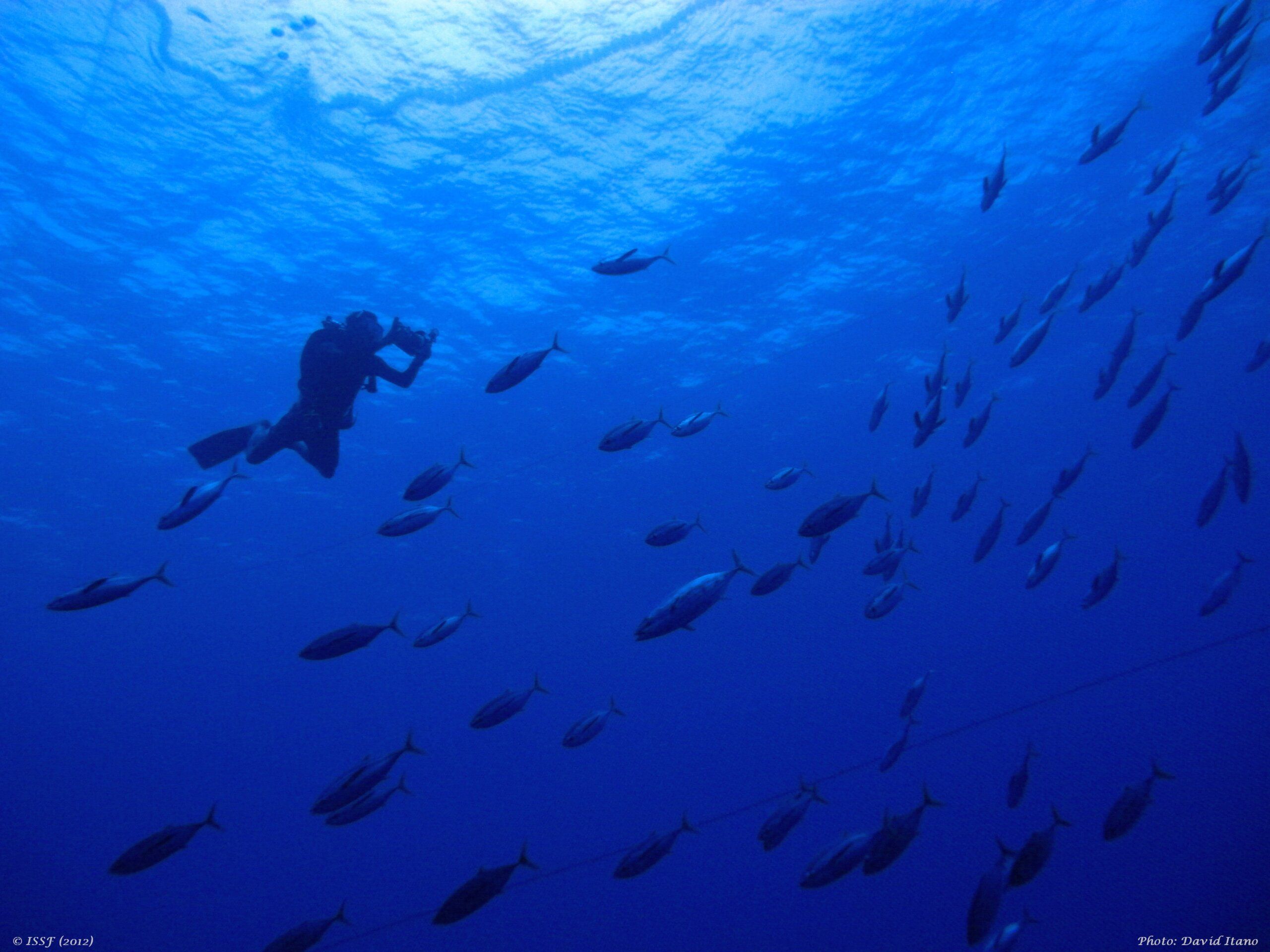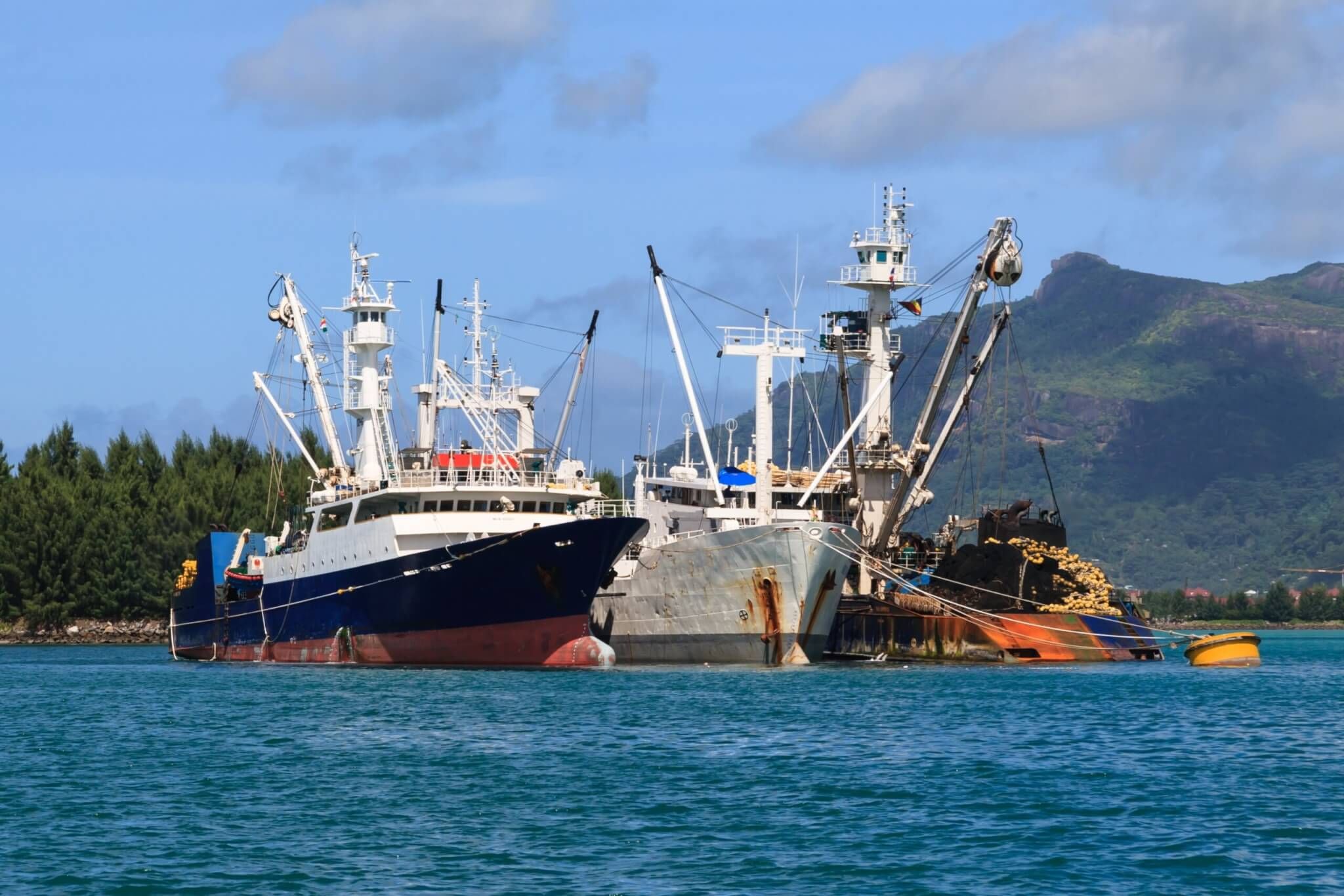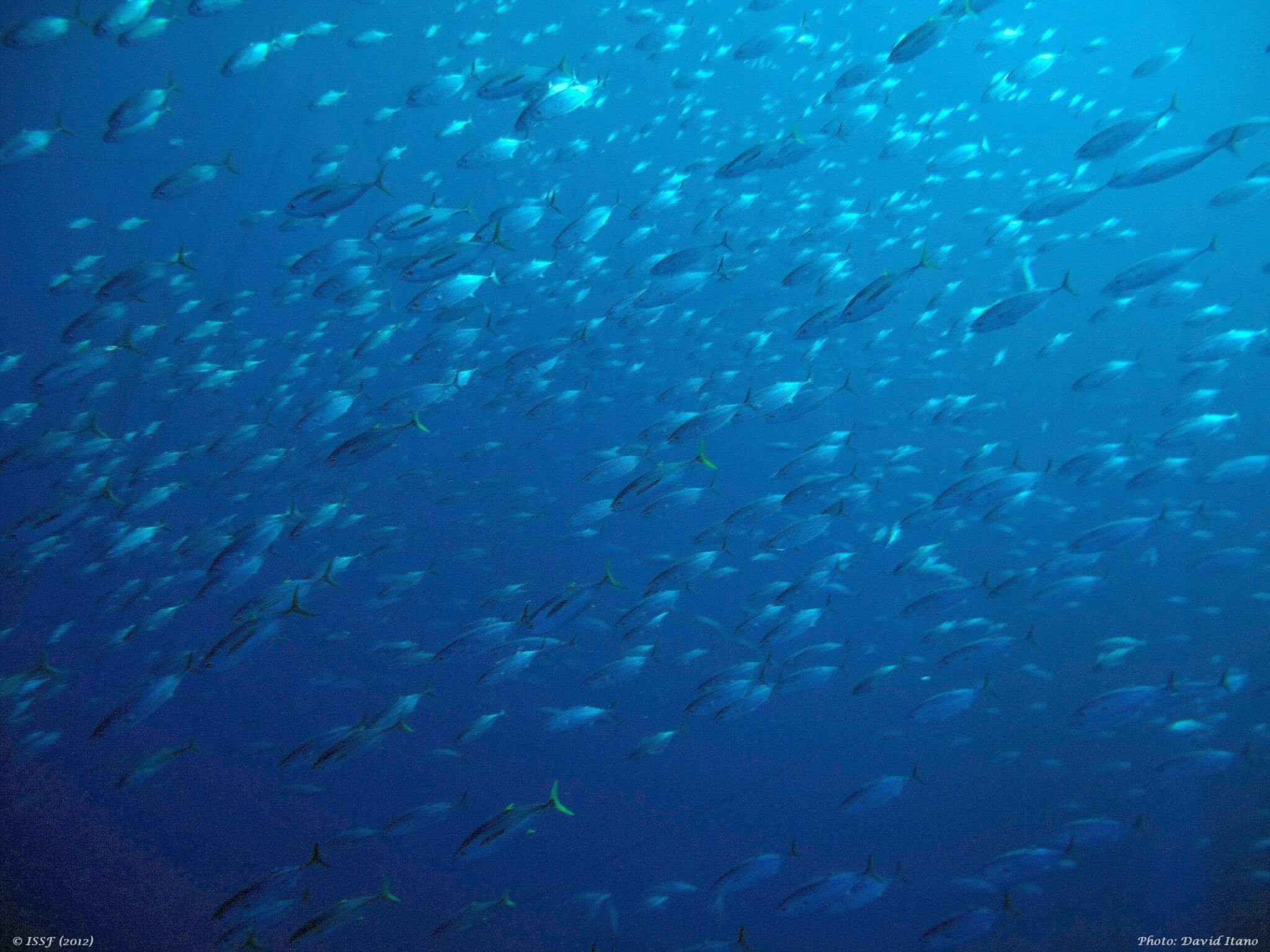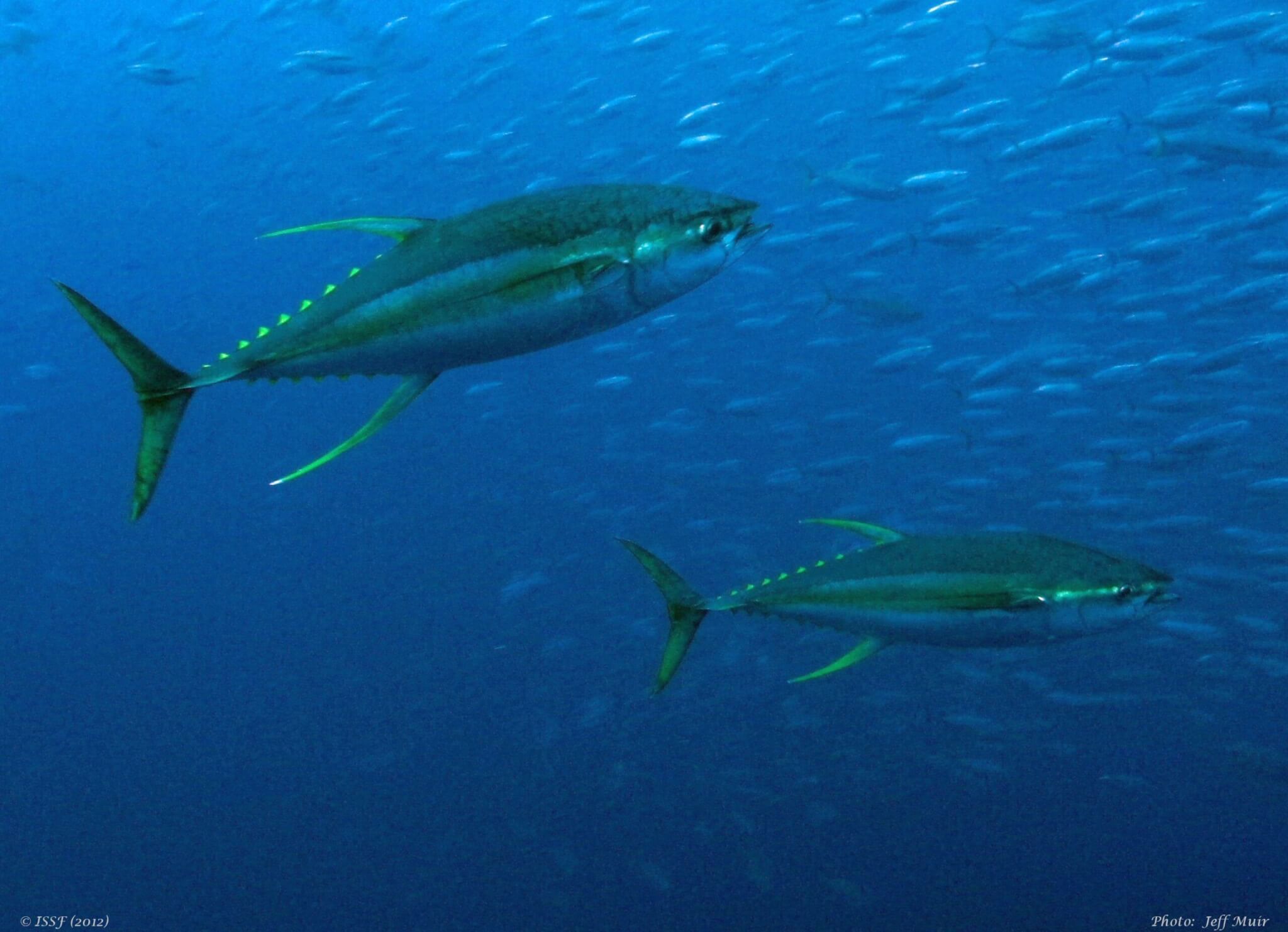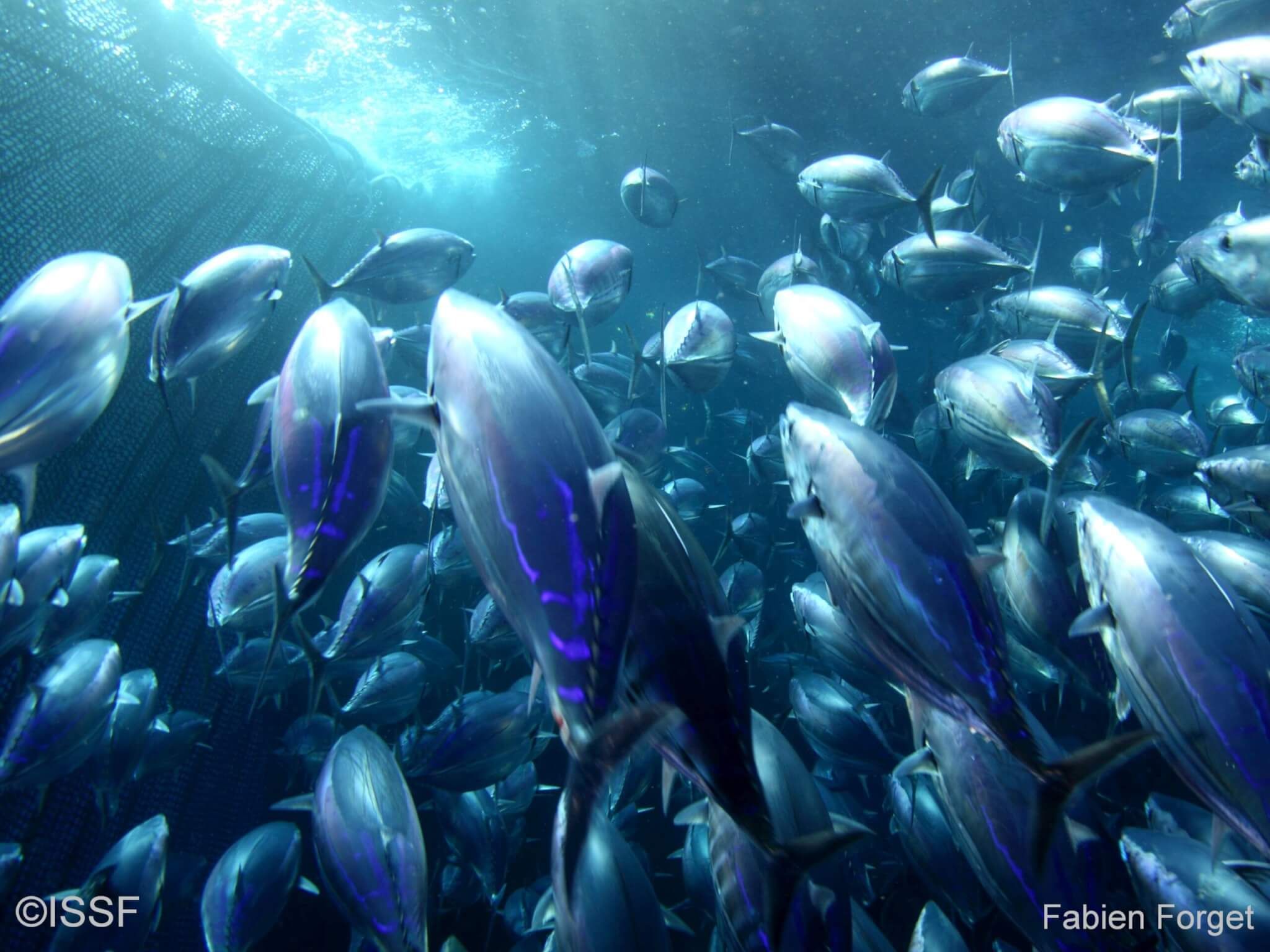Featured News
Dr. Ana Parma Joins as New Member of the ISSF Scientific Advisory Committee; Daniel Suddaby Joins as New Member of the ISSF Environmental Stakeholder Committee
ISSF is pleased to announce new members Dr. Ana Parma to the Scientific Advisory Committee (SAC) and Daniel Suddaby to the Environmental Stakeholder Committee (ESC).
“We are thrilled to welcome Dr. Ana Parma to the SAC and are confident that her broad experience in fisheries, including tuna, will be vitally important in continuing our efforts to identify and advocate for sustainable fishing practices,” said Susan Jackson, ISSF President.
The ISSF SAC is a diverse group of leading experts in fisheries science and tuna populations who offer guidance on organizational research priorities and support development of ISSF’s technical reports.
ISSF also welcomes Daniel Suddaby, Executive Director for the Global Tuna Alliance, as a new member to the ESC.
“Mr. Suddaby has two decades of experience that will prove greatly important to our collaborative work. We are thankful to have him be a part of our Environmental Stakeholder Committee and look forward to benefitting from his expertise in fisheries and marine conservation,” said Ms. Jackson.
Read more
Featured Content
85% of Global Tuna Catch Comes from Stocks at Healthy Levels
Of the total commercial tuna catch worldwide, 85% comes from stocks at “healthy” levels of abundance, according to the latest ISSF Status of the Stocks report. Overfished stocks accounted for 11% of the total catch, and 4% of the catch came from stocks at an intermediate level of abundance.
No individual stock statuses have changed since the March 2023 Status of the Stocks report. The latest report incorporates recent stock-assessment results for Western Pacific bigeye, Western Pacific yellowfin, North Pacific albacore, North Atlantic albacore, and Southern bluefin, none of which has changed. The lack of substantial changes in stock status between report periods highlights the value of continuous scientific assessments to inform stock-management decisions.
Read more
Featured Resource
Interactive Stock Status and Catch Tool
Our interactive tool allows you to visualize current and historical data from ISSF’s Status of the Stocks report, which compiles scientific assessments of 23 commercial tuna stocks worldwide.
The tool has three tabs — one for visualizing tuna stock health since 2011, another for visualizing the current tuna catch by fishing method, and a third with catch trends by fishing method since 1950.
Access the interactive tool
ISSF in the News
Susan Jackson – Conserving Fisheries and Shared Resources
Grey Matter Show
